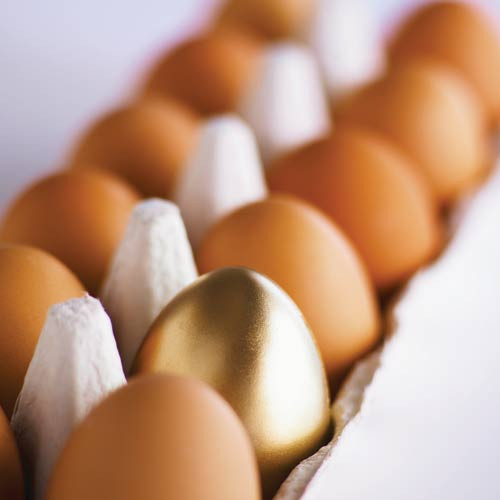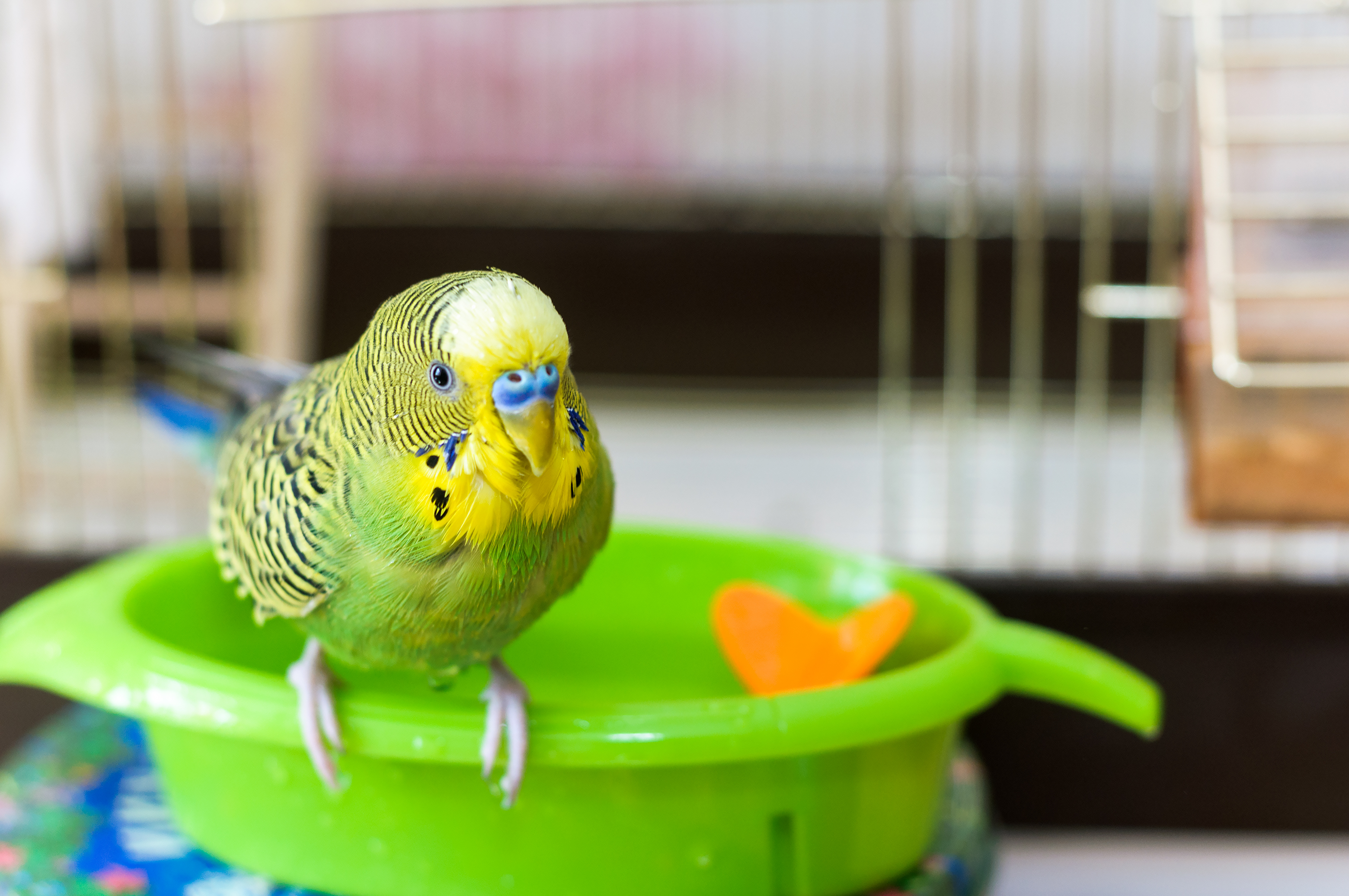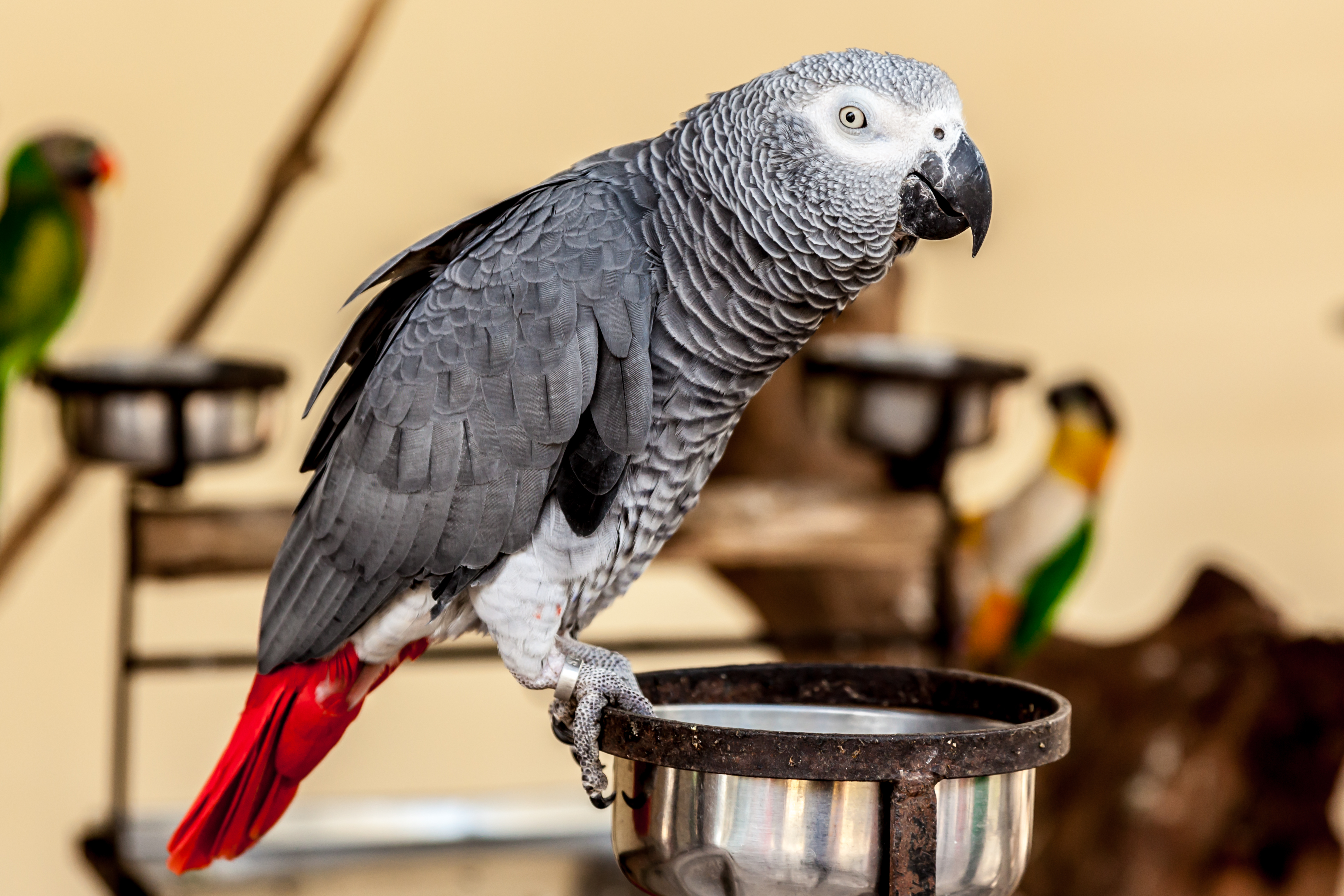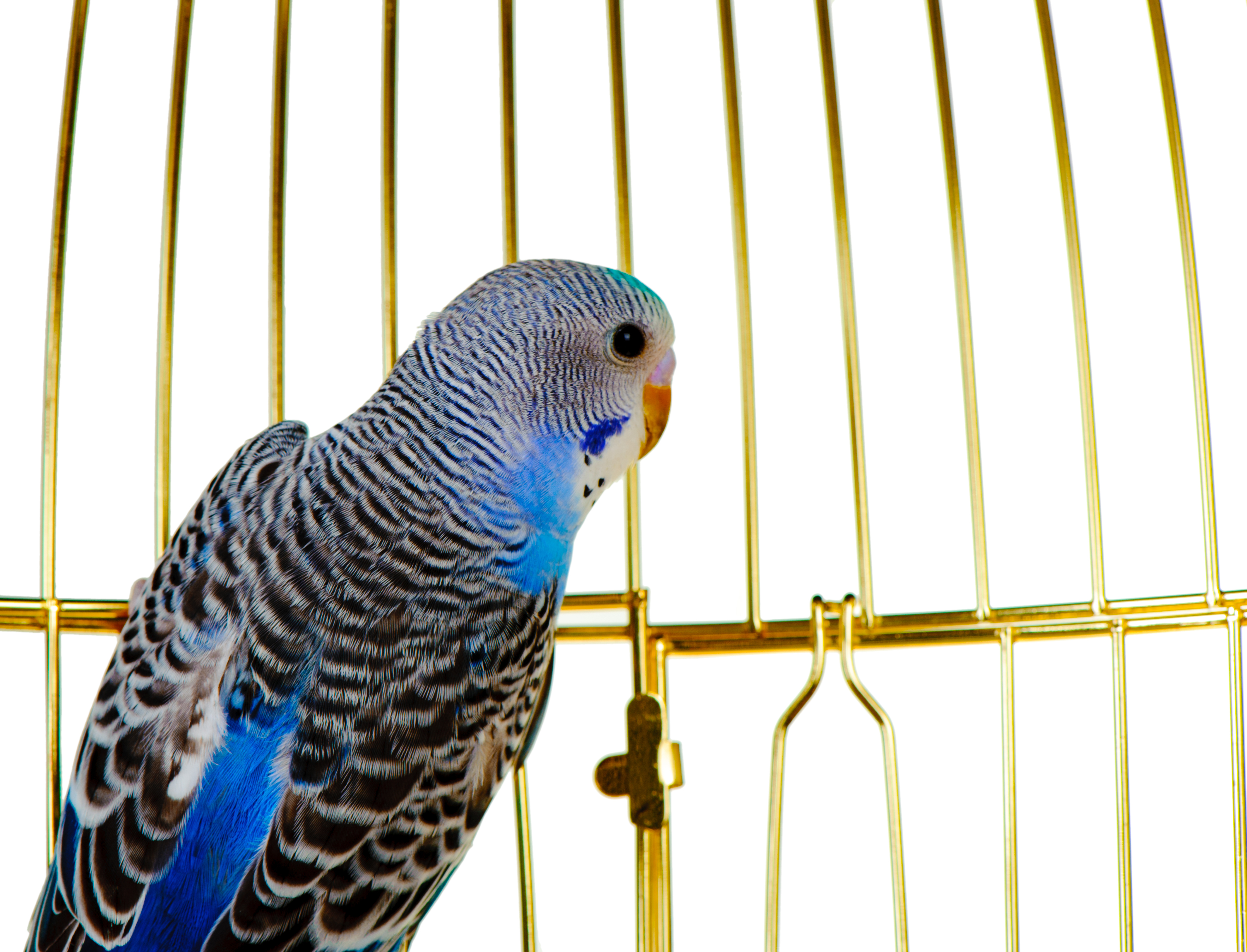Turning Clucks into Bucks
Erik J. Martin //March 31, 2015//
 They say you should never count your chickens before they hatch. But if you want to hatch a plan to count more cash in the register, don’t count out carrying products for outdoor pet poultry like chickens, ducks, geese and turkeys.
They say you should never count your chickens before they hatch. But if you want to hatch a plan to count more cash in the register, don’t count out carrying products for outdoor pet poultry like chickens, ducks, geese and turkeys.
Chickens, in particular, are becoming popular backyard companions for many consumers eager for a fun outdoor and healthier food-producing pet, say the experts.
“More consumers are raising chickens because they want their own, all-natural eggs without any preservatives added and because they enjoy playing and interacting with these animals,” said Mike Hauge, owner of Mike’s Feed & Pet in San Leandro, Calif. He’s been selling baby chicks and pet poultry supplies for 32 years at his store. His prime selling season for chicken, pigeon and dove products is between March and September, coinciding with baby chick hatching season.
Hauge says the market is not as strong for other urban poultry breeds but many of the same products for chickens, such as feeders, waterers and larger coops, can be used for other fowl.
“Once people learn that chickens can be happy and comfortable in a small backyard and only require as much attention as owning a dog, owning a small flock starts sounding like a fun idea,” said Edward Gates, account manager with Happy Hen Treats in Boerne, Texas.
Raising poultry works in an urban space because the animals don’t require a lot of land or a great many resources. Also, many local ordinances are changing to allow backyard poultry where owning them was previously banned, said Vijay Sasi, veterinarian and vice president of technical service and export business for Vets Plus, Inc.
“And as the backyard poultry market has grown, manufacturers have started to offer more products in an appropriate packaging or quantity for the small flock. Supplements and feed in smaller sizes—for 5 to 10 birds, for example—are increasingly available,” said Sasi.
Nancy Buchanan Jefferson, Ph.D., poultry nutrition specialist for Kalmbach Feeds, Upper Sandusky, Ohio, says carrying items for laying hens, at the least, is a smart strategy for retailers.
“You can easily keep a small flock of laying hens in a standard size backyard with little to no noise pollution and minimal effort, so they’re pretty popular,” said Jefferson.
Feed That’s Worth Feeding
Backyard bird owners are reaping the benefits of a wider variety of feeds and supplements on the market today, with many promoting all-natural ingredients. For example, Kalmbach makes a 16% Layer Crumble feed that’s all-natural and antibiotic-free with no animal by-products, which is perfect for laying chickens.
“Maintaining balanced nutrition is critical for the well-being of the flock. Supplements such as electrolytes and probiotics can help with that. Probiotics maintain healthy appetite and digestion and are especially beneficial in the summer months to help combat heat stress,” said Sasi.
Consequently, Vets Plus, Inc. offers Poultry Prefer Probiotics & Vitamin Powder (formerly ProVita), a concentrated blend of vitamins, probiotics and prebiotics that can be given to chickens.
More urban poultry treats are also being manufactured nowadays, such as Mealworm Frenzy by Happy Hen Treats, featuring 100-percent natural, whole-dried mealworms, which chickens love.
Non-Edibles Rule the Roost
Coops can be cumbersome to stock and display but now manufacturers are offering more space-saving choices to consider. Case in point: Omlet’s compact Eglu Go chicken house is ideal for up to four medium-sized chickens or two to three larger breeds such as buff Orpingtons. Ware offers a Premium Backyard Hutch that provides seven square feet of living space, assembles within minutes with only a screwdriver and is designed to be easily moved around the yard.
When it comes to feeders and waterers, ample examples abound. For instance, Farm Innovators makes a handy 1.5-gallon, round, heated pet water bowl that prevents water from freezing. Harris Farms features a 7-pound, plastic, hanging feeder designed for quick filling via an open top and boasting a base from which chicks can’t scratch out the feed. Another manufacturer, Miller, has a 12-pound, galvanized-metal, hanging feeder with a 12-inch pan for shoppers seeking sturdier options.
Outdoor fowl friends aren’t crying foul on toys and trinkets, either. Consider the Chicken Swing by Fowl Play Products, a hanging swing with a smart perch design that allows chickens to pump the swing and a crossmember bar that reduces twist after playful dismounts; and Precision Pet’s Chicken Treat Ball, a hanging round ball cage that can be stuffed with veggies and other nutritious edibles.
Stoking the Yolk
Incorporating urban fowl merchandise into your retail operation requires careful planning. Hauge advises creating a separate department or area of the store for these products, if you have the real estate. In it, be sureto showcase displays of some of these wares, including a fully-assembled coop.
“I recommend starting out small with these products and seeing if you can generate some interest among your shoppers first,” said Hauge.
Keeping an open mind and trying new products, said Gates, “will give you a better sense of what your customers are looking for.”
Sasi agrees.
“Retailers need to offer smaller coops and bags of feed that will make it easier for customers to raise their own birds,” he said.
Also, stocking educational materials that support and encourage the beginner are beneficial, such as books on raising poultry in an urban setting.
Indeed, it’s important to educate consumers about the many aspects of owning poultry beyond simply feeding them, advised Jefferson. She suggests displaying brochures or guides for beginners, along with an assortment of colorful packaging highlighting products that serve the birds’ various life stages.
“There are many customers that are interested in owning and raising chickens who just don’t know where to start,” said Gates, “so holding an informative seminar or class like ‘Chickens 101’ could encourage a boost in your poultry product sales.”



















